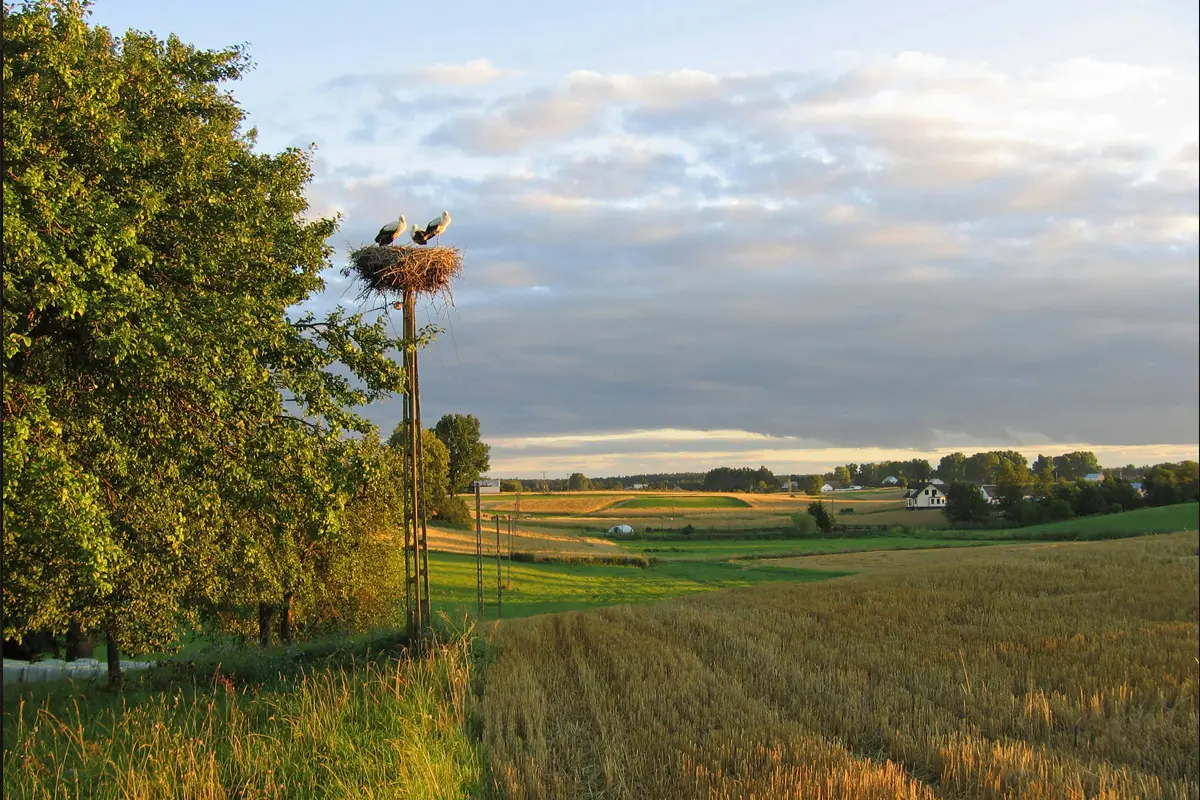
Photo by Kasia Misiukanis-Celińska on Unsplash
Saying “thank you” is one of the first—and most important—phrases you’ll need in any language. In Polish, it’s more than just manners; it’s culture.
Why “Thank You” Matters in Polish 🇵🇱
Politeness plays a crucial role in Polish culture. Whether you’re chatting with a shopkeeper, thanking your host for a meal, or emailing a coworker, knowing the right way to say thank you will earn you respect—and smiles.
This guide explores various ways to express gratitude in the Polish language, from simple phrases to more nuanced cultural tips.
Table of Contents
Open Table of Contents
- 1. The Basic “Thank You” in Polish
- 2. Formal vs. Informal: When It Matters
- 3. How to Respond to “Thank You”
- 4. Advanced Gratitude Phrases
- 5. Cultural Etiquette for Saying Thanks
- 6. Common Scenarios & Real-Life Examples
- 7. Practice Tips for Sounding Natural
- 8. Final Thoughts
- 🧠 Bonus Tip: Related Polish Politeness Vocabulary
1. The Basic “Thank You” in Polish
The word you’ll use most is:
- Dziękuję (jen-KOO-yeh) – “Thank you”
This is the go-to phrase for almost any situation. Whether you’re being handed change or receiving help, “Dziękuję” is universally understood and appreciated.
2. Formal vs. Informal: When It Matters
Polish has distinct levels of formality. Use the correct form depending on your relationship:
| Context | Phrase | Usage Example |
|---|---|---|
| Informal | Dzięki | With friends or family |
| Standard | Dziękuję | Most common and neutral form |
| Formal | Dziękuję bardzo | Adds emphasis: “Thank you very much” |
| Ultra formal | Serdecznie dziękuję | Heartfelt thanks, used in writing |
When in doubt, lean toward more formal expressions—especially with elders, strangers, or in professional settings.
3. How to Respond to “Thank You”
Being polite works both ways. Here are common replies to someone thanking you:
- Proszę – “You’re welcome” or “Please”
- Nie ma za co – “It’s nothing”
- Cała przyjemność po mojej stronie – “The pleasure is all mine”
- Z przyjemnością – “With pleasure”
“Proszę” is the Swiss Army knife of Polish politeness—it works in nearly every situation.
4. Advanced Gratitude Phrases
If you want to level up your appreciation, try these:
- Jestem bardzo wdzięczny (masculine) / wdzięczna (feminine) – “I’m very grateful”
- Naprawdę doceniam twoją pomoc – “I truly appreciate your help”
- Nie wiem, co bym bez ciebie zrobił/zrobiła – “I don’t know what I’d do without you”
- Dziękuję z całego serca – “Thank you from the bottom of my heart”
These are great for thanking close friends, teachers, or someone who’s helped you through a difficult time.
5. Cultural Etiquette for Saying Thanks
Poles value humility and genuine politeness. Some quick tips:
✅ Make eye contact and smile when saying “dziękuję.”
✅ A slight nod or handshake adds warmth in formal settings.
🚫 Don’t overuse thanks in casual situations—it may seem excessive.
🚫 Avoid joking when someone is sincerely thanking you.
6. Common Scenarios & Real-Life Examples
Here’s how to say thank you naturally in real life:
🛒 At the Store
- Cashier: “Oto reszta.” (Here’s your change.)
- You: “Dziękuję.”
👵 To an Elderly Neighbor
- “Serdecznie dziękuję za ciasto. Było pyszne!”
(Thank you kindly for the cake. It was delicious!)
📧 In an Email
- “Jestem wdzięczny za szybki kontakt.”
(I appreciate your quick response.)
7. Practice Tips for Sounding Natural
- Listen to native speakers: Use YouTube or language apps to hear correct pronunciation.
- Shadowing technique: Repeat after audio clips to improve intonation.
- Role-play: Practice thank-you conversations with a tutor or language partner.
- Keep a phrase journal: Write down new expressions and their contexts to build confidence.
Even just 5 minutes a day practicing “dziękuję” and its variations can help it roll off your tongue like a native speaker.
8. Final Thoughts
Learning how to say “thank you” in Polish isn’t just about mastering vocabulary—it’s about showing respect and understanding the culture. A well-placed “dziękuję” can brighten someone’s day, build trust, and help you blend in better with Polish speakers.
Whether you’re traveling, dating a Polish partner, or simply exploring the language, knowing how to express gratitude the right way will open doors—both literal and cultural.
Remember:
- Start with Dziękuję
- Level up with Serdecznie dziękuję or Jestem wdzięczny
- Stay aware of tone and context
Politeness isn’t just polite in Poland—it’s powerful.
🧠 Bonus Tip: Related Polish Politeness Vocabulary
| Polish Word/Phrase | English Meaning |
|---|---|
| Proszę | Please / You’re welcome |
| Przepraszam | Sorry / Excuse me |
| Nie ma sprawy | No problem |
| Doceniam to | I appreciate it |
| Miłego dnia! | Have a nice day! |
Include these in your daily practice to sound even more fluent and thoughtful in your conversations.
Thanks for reading—and as they say in Poland:
Dziękuję za uwagę!
(Thank you for your attention!)